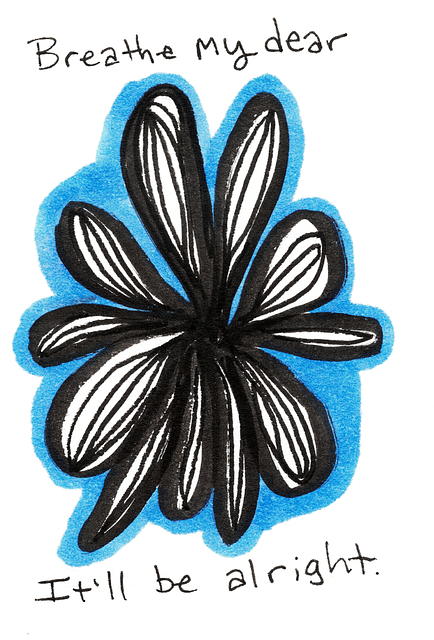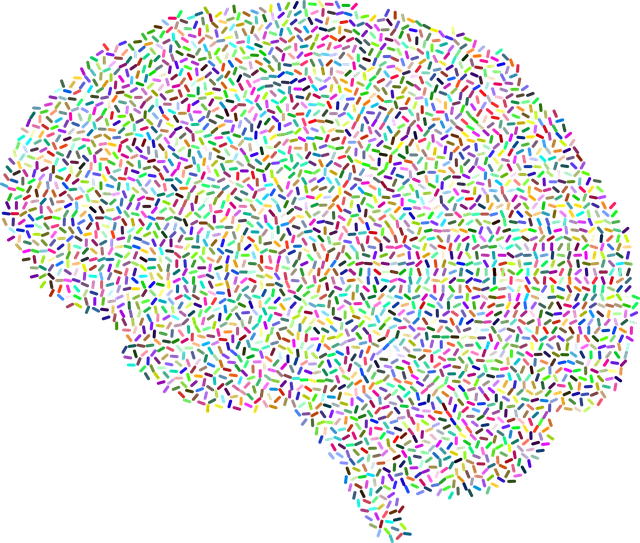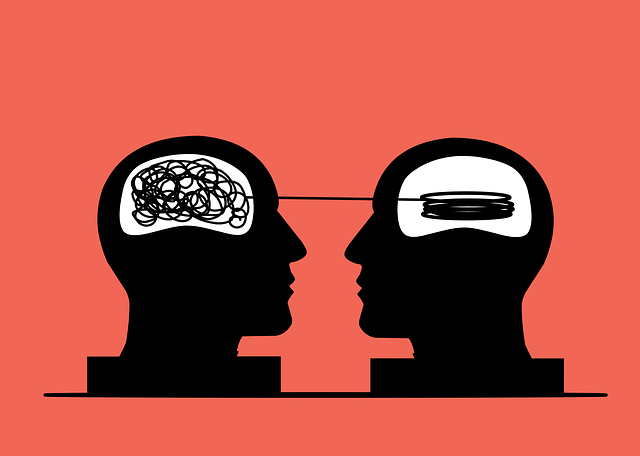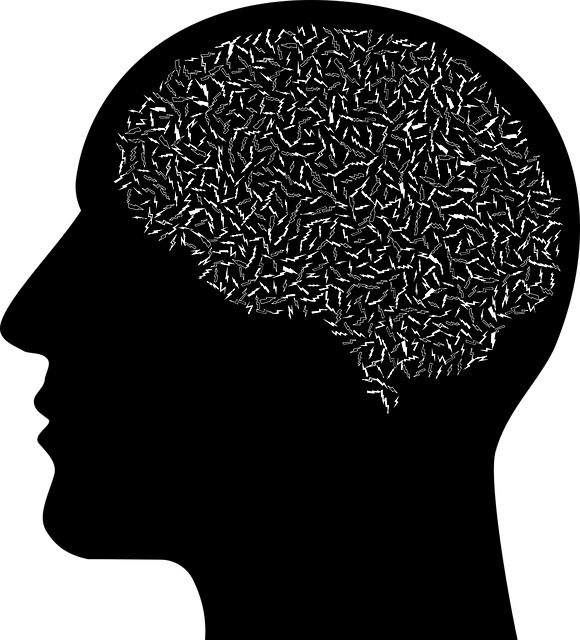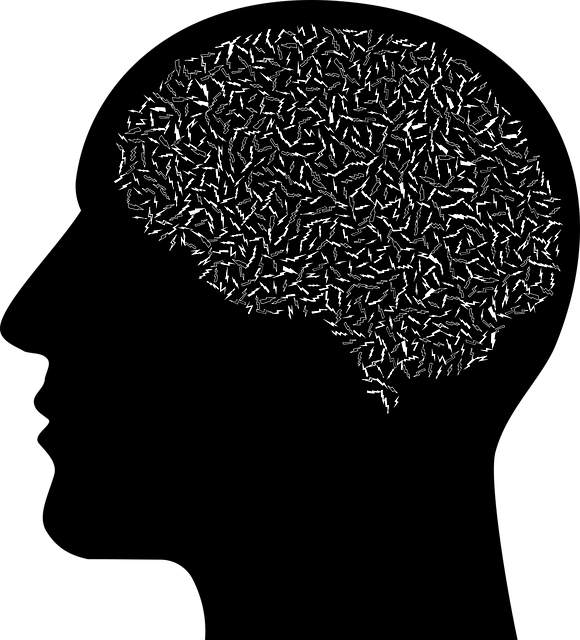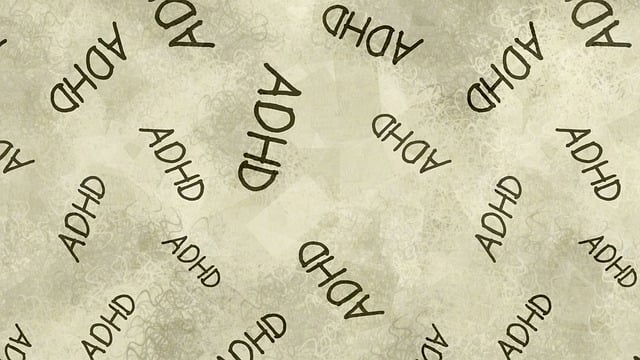The media's portrayal of mental illness, including movies, TV shows, and news, significantly shapes societal perceptions. Inaccurate or stereotypical depictions contribute to stigma and prevent individuals from seeking help, such as therapy for divorce. Accurate and sensitive media representation can reduce stigma, encourage open conversations about mental health, inspire hope, and motivate people to seek professional support. By presenting authentic narratives and integrating expert advice, media can foster understanding, empathy, and self-care practices, ultimately reducing barriers to accessing mental health support and improving overall well-being, especially through therapy for divorce.
Mental illness representation in media has a profound impact on societal perceptions, influencing how we understand and address mental health challenges. This article explores strategies to challenge harmful stereotypes often perpetuated by popular culture. We delve into the significance of accurate portrayal, therapeutic narratives, and supportive media as tools to foster empathy and encourage help-seeking behaviors.
By understanding the current landscape, identified stereotypes, and the power of representation, we can create a more informed and compassionate society—a crucial step towards effective therapy for mental health issues, including those related to divorce.
- Understanding the Impact of Media Portrayal on Mental Health Perception
- Identifying Stereotypes and Misconceptions in Popular Culture
- Promoting Accurate and Therapeutic Representation of Mental Illnesses
- The Role of Supportive Narratives in Encouraging Help-Seeking Behavior
Understanding the Impact of Media Portrayal on Mental Health Perception

The media’s portrayal of mental illness can significantly shape societal perceptions and understanding of various conditions. Often, stereotypical representations in films, television shows, and news coverage contribute to stigma and misinformed beliefs about mental health issues. These depictions can either perpetuate harmful ideas or, conversely, offer a platform for raising awareness and fostering empathy. When media presents mental illness accurately and with sensitivity, it has the potential to initiate important conversations and reduce the social isolation often experienced by those struggling with their mental well-being.
For instance, positive media representation of therapy for divorce can encourage individuals facing similar challenges to seek support. By showcasing effective coping mechanisms, such as stress reduction methods and empathy-building strategies, media can inspire hope and motivate people to develop inner strength. This, in turn, may lead to increased openness about mental health struggles and more proactive engagement with professional help, including therapy options.
Identifying Stereotypes and Misconceptions in Popular Culture

In popular culture, mental illness is often portrayed through stereotypes and misconceptions that can be deeply damaging. Media representations typically depict disorders as either all-encompassing or overly dramatic, neglecting the nuances and complexities of individual experiences. For instance, depression is frequently shown as a momentary mood swing, while schizophrenia is often reduced to unpredictable behavior, missing the chance for nuanced storytelling that acknowledges the diverse manifestations of these conditions. These oversimplified portrayals not only fail to educate but also contribute to stigma, hindering those in need from seeking help, including divorce-related stress, which may lead individuals to avoid therapy for divorce.
The media’s role in shaping public perception is significant, especially when it comes to mental health. Accurate representation can foster understanding and empathy, encouraging self-care practices and emotional intelligence. By promoting a more realistic view of mental illness, we can reduce the barriers that prevent people from accessing appropriate support, including therapy for divorce, as well as enhance stress management strategies and overall well-being. Self-care becomes a vital tool when individuals feel validated in their experiences, encouraging proactive measures to maintain their emotional balance.
Promoting Accurate and Therapeutic Representation of Mental Illnesses

The media plays a significant role in shaping societal perceptions and understanding of mental health issues. Therefore, promoting accurate and therapeutic representation is paramount to fostering empathy and reducing stigma. When depicted authentically, mental illnesses can spark conversations and encourage viewers to seek help or understand a friend’s or family member’s struggle. This shift demands diverse narratives that go beyond stereotypical portrayals often seen in movies and television shows.
Incorporating therapy for divorce, as an example, allows audiences to witness the complexities of separating individuals’ emotional states and offers insights into potential healing processes. Moreover, media creators should consider integrating professional advice from mental health experts to ensure risk assessment for mental health professionals is met while providing valuable Mental Health Education Programs Design. Encouraging self-awareness exercises through media can also help viewers connect with their own mental health journeys or recognize the signs of struggle in others.
The Role of Supportive Narratives in Encouraging Help-Seeking Behavior

In media representation, the way mental illness is portrayed can significantly impact public perception and help-seeking behavior. Supportive narratives that humanize individuals living with mental health challenges play a pivotal role in encouraging others to seek assistance. When media stories depict characters navigating mental illness with empathy and hope, it normalizes conversations around these topics, reducing the associated stigma. This shift in narrative encourages individuals to view their experiences as valid and worthy of professional support, ultimately leading to more people embracing therapy for divorce or other mental health issues.
The power of these narratives extends beyond entertainment; they can influence public understanding of mental illness, including its symptoms and treatment options. By presenting characters who successfully manage their conditions through therapy, counseling, or medication, media can dispel myths and foster a sense of optimism. This is particularly crucial in promoting mental illness stigma reduction efforts and encouraging individuals to prioritize their emotional regulation, as supported by healthcare provider cultural competency training.
Media representation plays a pivotal role in shaping societal perceptions about mental health. By identifying and challenging stereotypes, we can foster more accurate and empathetic portrayals of mental illnesses, such as those often associated with divorce. Promoting therapeutic narratives encourages help-seeking behavior and ensures individuals receive the appropriate support. It is through these positive changes in media that we can create a more understanding and supportive environment for those facing mental health challenges. By adopting accurate representations, we take a significant step towards improving access to therapy and overall well-being.
